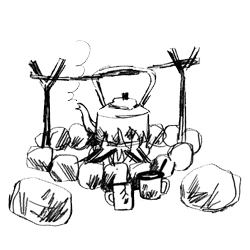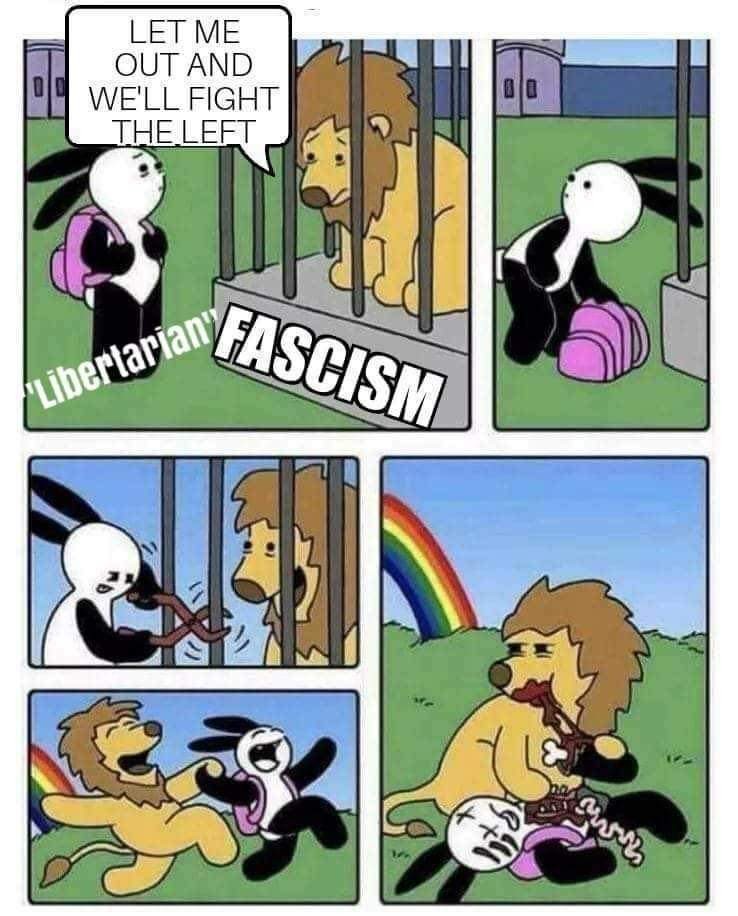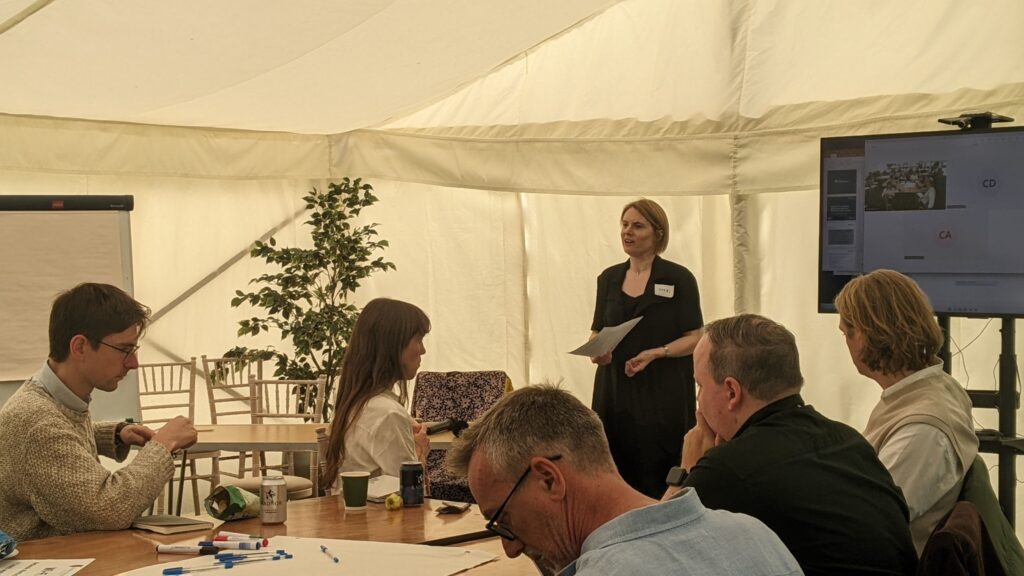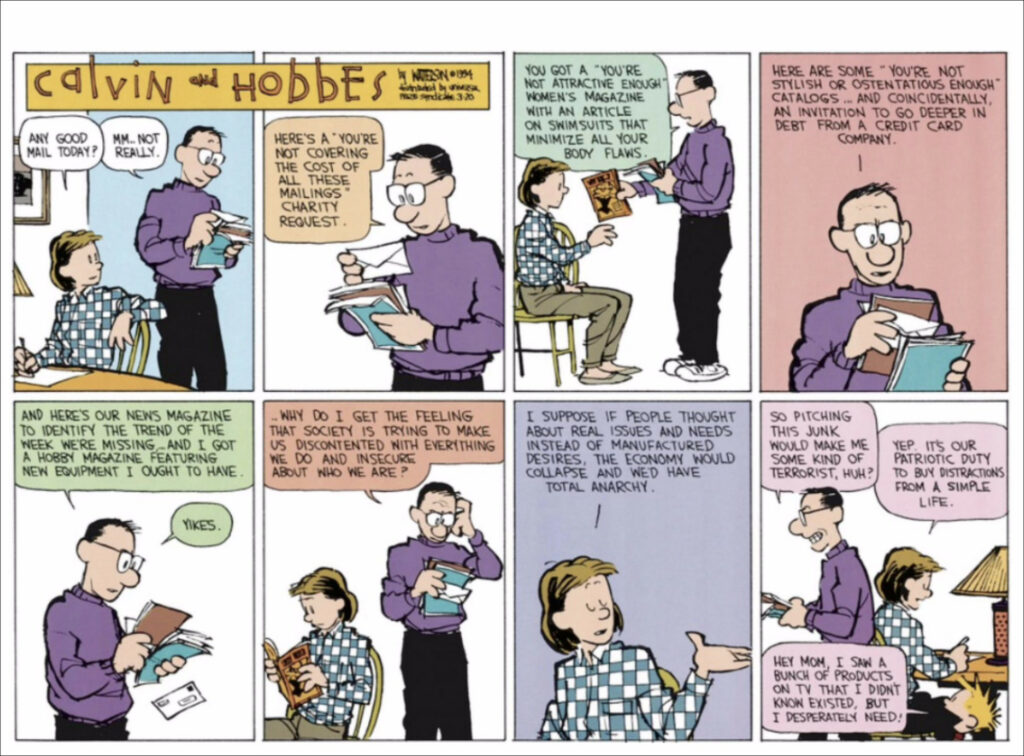For people who focus on working with the #dotcons there are meany traps, and a lot of dead-ends. This is less of an issue for people fighting them, the problem here is “common sense” #blocking this second useful path, which is a much less lucrative and a thank less task. So we will continue to have more people on the first mess path. A post that grew from a toot seed, I wonder if Mastodon is to Meta what Firefox once was to Google a small but significant project that big corporations can point to whenever regulators start murmuring about monopolies.
In the early #openweb days, #Firefox was seen as the open-source challenger to the #dotcons of Internet Explorer and later Google Chrome. The NGO #PR represented it as a scrappy, independent alternative, championing the openweb against the increasing dominance of corporate-controlled browsers. But over time, and a lot of funding, Firefox became a tool for companies like Google to gesture toward whenever their monopolistic practices were questioned., “Look, there’s competition! We’re not the only game in town.” The blotted NGO that Firefox became, let the dotcons who funded them, maintain the appearance of a healthy, diverse internet while consolidating power and control.
Today, Mastodon, the corporation, and new NGO projects like the #SWF are likely, unthinkingly, to end up playing a similar role for Meta (#Failbook). With #Meta’s monopoly and influence across social media, platforms like Mastodon offer a symbolic counterpoint. The wider #Fediverse, decentralized, federated model, the alternative “nativist” path, that rejects the data-harvesting, surveillance capitalism model perfected by Meta and the rest of the #dotcons. But in a world where Meta dominates user attention, advertising dollars, and social engagement, the existence of Fediverse when we push #NGO agenda, as people will, like most people did with Firefox could feel more like a token gesture toward competition than a real threat that it needs to be.
The danger on the NGO paths is that Mastodon, and the Fediverse becomes a shield for Meta, just as Firefox was for Google. With the regulators knocking, Meta points to Mastodon and say, “See? There’s healthy competition in the market.” Meanwhile, our grassroots #DIY path will continue to struggle with the challenges that come from operating, outside the #mainstreaming, on the margins, limited resources, scalability, and the constant threat of being drowned out by the sheer weight of the dotcons inflow into our grassroots #openweb reboot.
The truth is, while #4opens decentralized paths like Fediverse are vital to the change and challenge we need, not to mention keeping the spirit of the #openweb alive, they’re still pushing hard for space in a corporate-dominated internet. If we only take the #mainstreaming and NGO path, the existence of projects could be used by the dotcons to maintain their monopoly while paying lip service to “competition.”
The question, can we really afford to be only the ‘token alternative’ when the stakes are so high? Or do we need to find a way to build native projects that not only stands apart from the #dotcons, but also changes and challenges them on equal ground? It’s time to think beyond being the counterculture, and start focusing on how we grow and sustain real #4opens alternatives. If we don’t, if we cop out on #fluffy only paths, there is a danger that we’ll just keep serving as convenient props in mainstream monopoly charade.
Let’s try very hard not to be irrelevant in the fight for humanity and ecological sustainability in the era of #climatechaos and social brake down being pushed by the #mainstreaming mess making, we are composting.
On the subject of #NGO foundations for the #openweb what do they do with this money https://projects.propublica.org/nonprofits/organizations/262852431 this one is shutting down, and this one is in trouble https://projects.propublica.org/nonprofits/organizations/200097189 This kinda funding could cover the costs of the #Fediverse hundreds of times over…. what do they do exactly?










